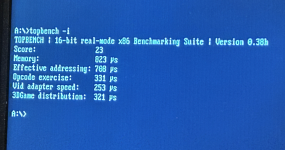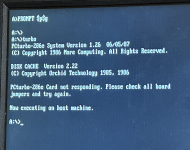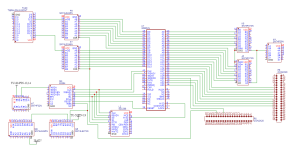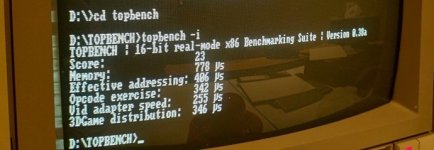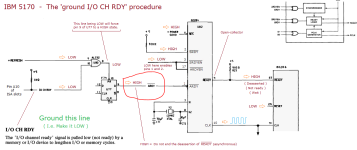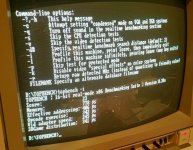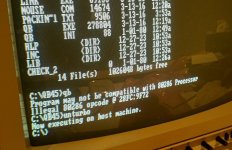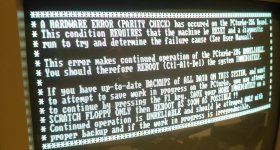Digitalman
Experienced Member
- Joined
- Sep 12, 2018
- Messages
- 72
That's great! Looking forward to the results.New memory controllers arrived - and both work perfectly, so both boards now pass the turbochk memory map test.
This weekend I will do a full install of the drivers and see if either of them initialise completely.

